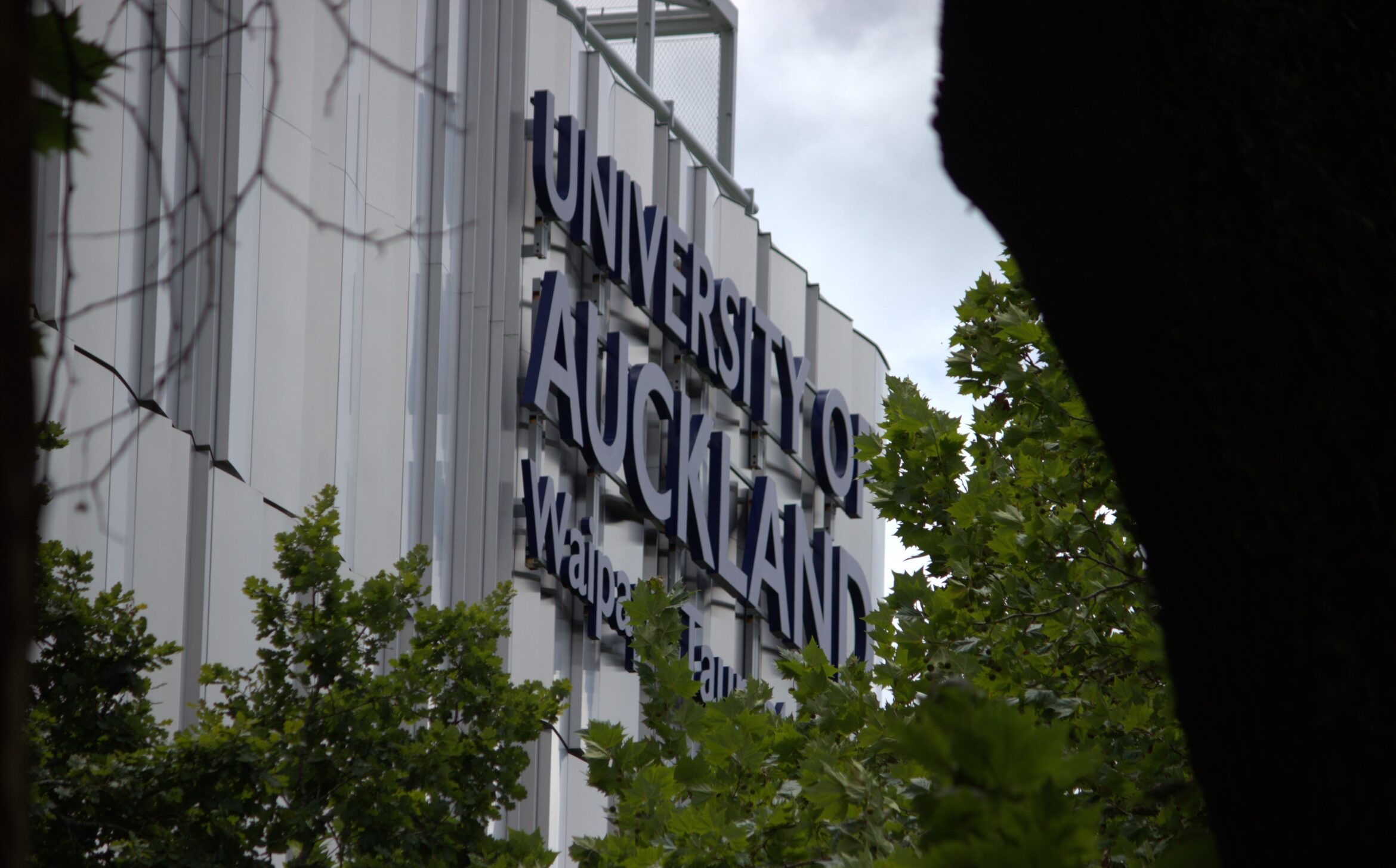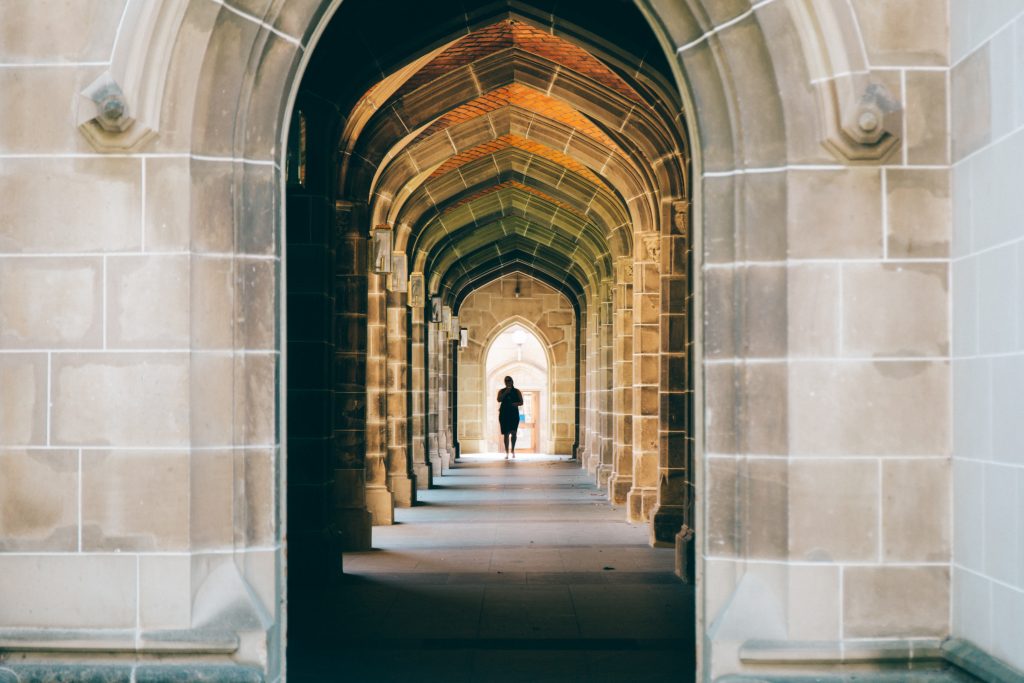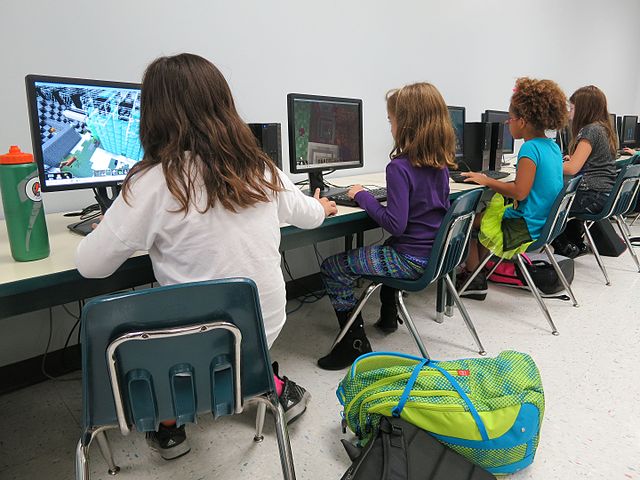That was the chief sentiment made by Universities Australia (UA) Chief Executive Officer Luke Sheehy in a drivetime radio interview with ABC Perth host Gary Adshead today (WED).
The US is the peak sector body for universities in Australia.
“I think what we’re seeing from the US is deeply, deeply worrying,” Sheehy said.
“To see the (US) president go after individual universities in what we would often describe as a free and open country is really troubling.
“Over the last couple of months, we’ve seen the US government attempt to rip away funding from our universities here in Australia and that’s really worrying.”
The US has halted student visa appointments and frozen or cancelled funding for US universities such as Harvard.
Sheehy wants the Federal Government to change its mind on partnering up with Horizon Europe, the EU’s $A164 billion six-year research funding program.
“The New Zealanders are doing it, the Canadians are doing it. We’re missing out,” Sheehy says.
“I’m going to say to the new science minister and reappointed education minister ‘let’s get fair dinkum’. If America’s becoming hard to do business with, let’s talk to the Europeans again.”
He also announced he is off to the United Kingdom next week for talks on Horizon Europe in London and during meetings in Brussels.
DIVERSIFYING FUNDING
Sheehy says the US government funds about $500 million of research in Australia, especially in defence, agriculture and medical research.
“It is a really worrying trend that Australia’s number one ally is now becoming an unreliable partner in how we fund international collaborative research,” he says.
(In March, Federal Education Minister Jason Clare confirmed that seven Australian universities had their funding paused or stopped as part of a Trump government crackdown.)
Sheehy points out that research can’t be done in isolation or 100 percent at home, a point echoed by Clare.
“If we want a Future Made in Australia and roll out some of the priorities outlined in that policy, we’re going to need to draw on Australian and, of course, global expertise,” Sheehy says.
“We need to make sure that Australia’s research effort continues to be global.
“When it comes to research, we’re a tiny percentage of the global population but we do triple the amount of research that a country of a comparable size does,” Sheehy says.
“The Australian government has said it doesn’t want to participate in Horizon Europe — billions of euros that our Kiwi friends are accessing, that our Canadian friends are accessing, even the Brits are still participating (in). We should rethink that.”






